Northwest agricultural producers are already using climate-smart management practices that help to create resilient agroecosystems. In the Northwest, climate change projections indicate an increase in average annual temperature, increased winter and spring precipitation, decreased summer precipitation, and a longer and drier growing season. These changes are likely to increase summer water stress in Idaho, Oregon, and Washington. In Alaska, increased precipitation is projected in every season, along with warmer temperatures that are likely to lengthen the growing season. These changes will affect agriculture. However, there are many management actions that can help agricultural producers adjust to a changing climate. Below are Northwest Climate Hub resources for some of these management actions.
-
Reducing Food Waste in the Northwest
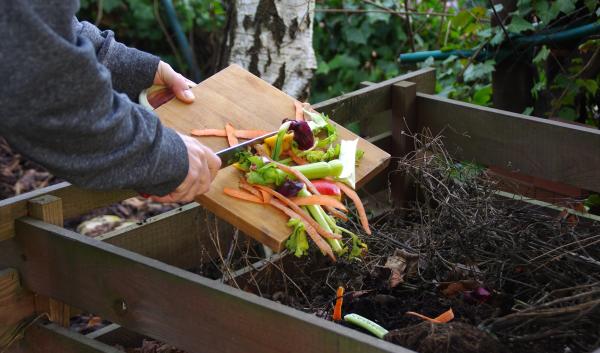
Northwest states are using a variety of strategies and plans to address the issue of food waste.
-
Agroforestry: Adapting to Climate Change in Northwest Agriculture
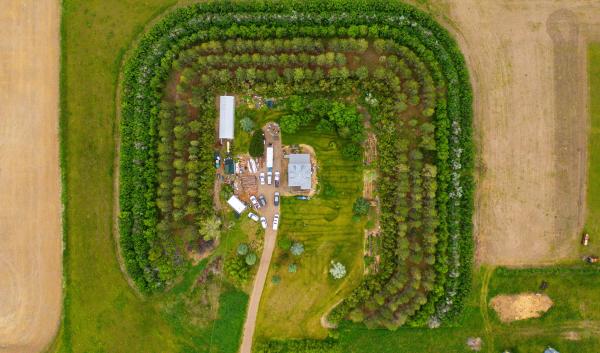
The integration of trees and shrubs into agriculture can increase the adaptability of farms to climate change.
-
Agrivoltaics: Pairing Solar Power and Agriculture in the Northwest
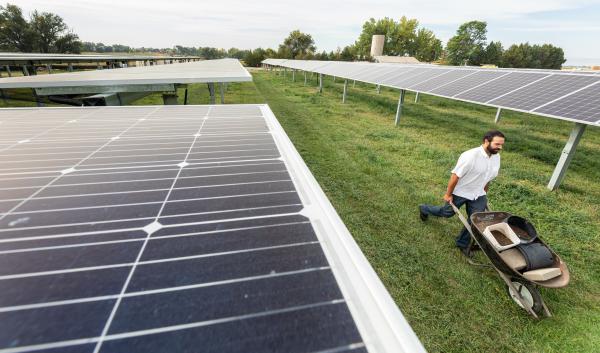
Agrivoltaics–the pairing of solar power generation with agriculture–could improve climate resilience in the Northwest.
-
Adaptation Resources for Agriculture: Responding to Changes in Climate in Alaska

Information, resources, and case studies to help agricultural producers in Alaska adapt to climate change.
-
Northwest Cover Crops for Climate Resilience
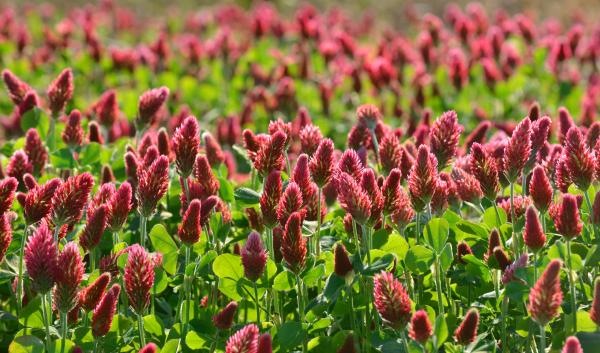
Cover crops can make farms more resilient to the impacts of climate change by enhancing soil health and water quality.
-
Northwest No-Till Farming for Climate Resilience

No-till farming keeps crop residues on farmland, protects soil, and limits the release of greenhouse gases.
-
Building Water Resilience in the Northwest Through Soil Management
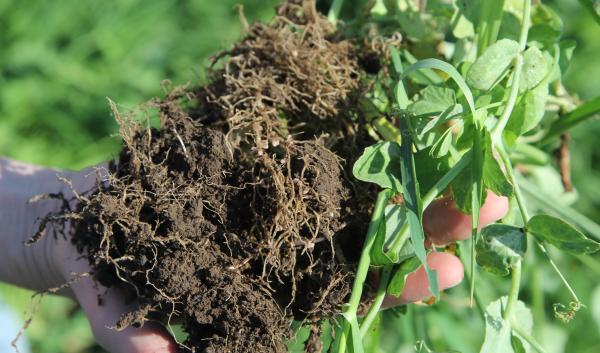
Information on how to avoid and cope with changes to water resources and soil health, as well as a list of USDA programs for technical and financial resources.
-
Soil Health Management to Reduce Climate and Weather Risks in the Northwest

Soil Health Management to Reduce Climate and Weather Risks in the Northwest
-
Pacific Northwest Biochar Atlas
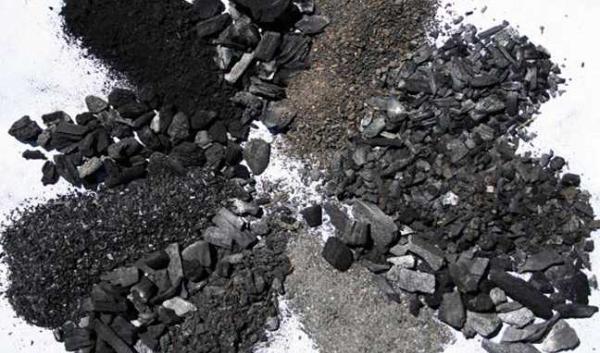
The Pacific Northwest Biochar Atlas is a regional resource for biochar users and producers.
-
Dry Farming Techniques in the Maritime Pacific Northwest
Dry farming can diversify operations and help producers adapt to changes in water availability.
-
Exploring Western Perennial Crop Cultivation in a Changing Climate

A tool that helps producers and managers to understand potential crop success and limitations under future climate conditions.

